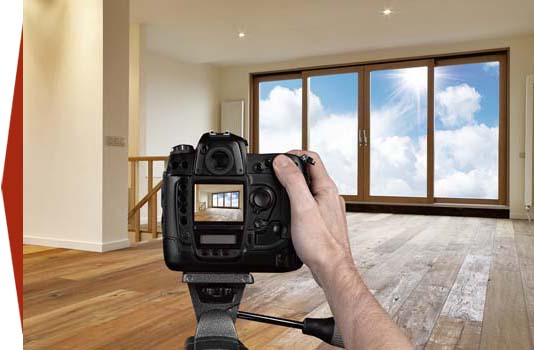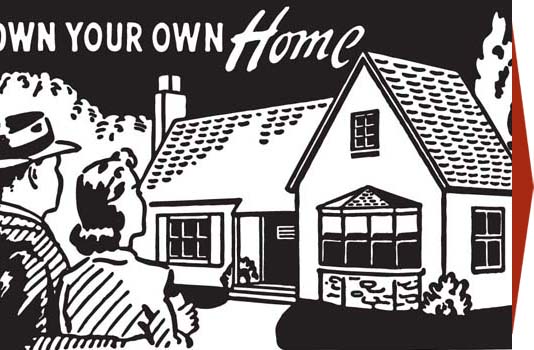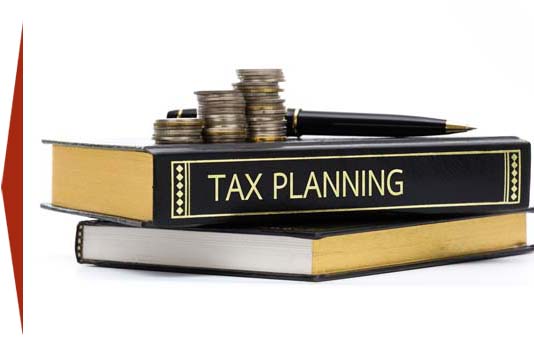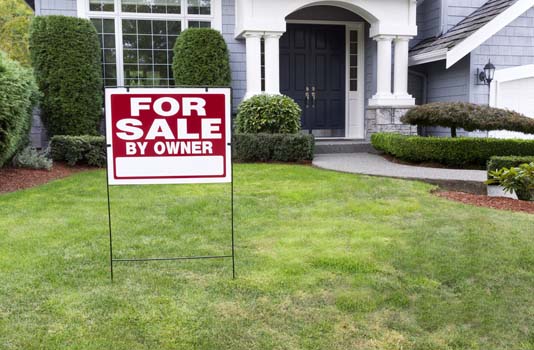
Chapter 1: Preparing Your Homes for Sale
Before you put your home on the market, you first need to get it prepped and ready for sale. Preparing your home for sale requires completing three essential steps. These include:
- Making necessary repairs
- Creating curb appeal
- Staging
In this chapter, we will examine these three areas a bit further.
Chapter 2: Pricing the Home
To get your home sold as quickly as possible while still getting what it is worth out of the sale, it is important for you to price your home properly. If you price it at below market value, you will not get an offer that is fair to you. On the other hand, if you ask too much, your house will sit on the market for a very long time and will become increasingly more difficult to sell. Fortunately, there are many resources available to help you with pricing your home.


Chapter 3: Hiring Professionals
While you can handle most aspects of selling your home on your own, there are a few steps where hiring a professional is necessary. With the help of a few key professionals, you can be sure your sell is legally binding and that you are not putting yourself in a bad situation due to some minor detail that you missed. Three professionals that can really help make the process run smoothly include:
Chapter 4: Tips for Taking Quality Photos
Now that you have prepared your home for the market, set a price and assembled a team of professionals to help you sell your home, the next step is to start marketing your property. Before you can develop marketing materials, however, you need to take high-quality photos of your home that you can use with your marketing materials. While you can certainly hire a professional to take the photos for you, this is a task that you can easily handle yourself if you follow a few simple tips.


Chapter 5: Tips for Creating Marketing Materials
Once you have taken some high-quality photos of your home, you are ready to start making your marketing materials. There are several different types of materials you should consider developing. These include:
- Signs
- Brochures
- Flyers
- Highlights sheet
Chapter 6: Exploring Marketing Strategies and Options
No matter how great your marketing materials turn out, they won't do you any good if you don't know how to use them properly. In addition to distributing your materials on community boards or placing your materials next to your yard signs, there are several other marketing strategies that you can pursue. Some of the key marketing strategies and resources you should consider using include


Chapter 7: Tips for Writing Ads
Writing an ad is an excellent way to draw attention to your home for sale. At the same time, if the ad is poorly written, it will be ineffective. In fact, if the ad is full of spelling errors, grammatical mistakes and other problems, it can actually hurt your chances of getting your home sold. By keeping a few simple tips in mind, however, you can create a highly effective ad that is sure to grab the attention of potential buyers. In this chapter, we will discuss tips for writing ads for traditional print publications as well as for the Internet.
Chapter 8: Negotiation Tips
Once you have a person who is seriously interested in buying your house, it is time to start the negotiation process. If the interested buyer has hired a buyer's agent, you will negotiate the final price and other details through that agent. If the buyer has not hired an agent, you will conduct the negotiations directly with the buyer.


Chapter 9: Writing the Sales Agreement and Closing the Sale
Once you have selected the offer that you want to accept, it is time to write the sales agreement. It is a good idea to enlist in the help of a real estate attorney or escrow company to assist with this step of the process. Whether you choose to hire a professional or not, knowing the basics of how to write up the sales agreement and how to complete the closing process is important.
Chapter 10: Tax Planning
After selling your home, you need to be prepared to address any tax issues related to the sale of your home. According to the Taxpayer Relief Act of 1997, you do not have to pay taxes on up to $250,000 of profit on the sale of your property. If you are married and filing jointly, that amount is $500,000. To qualify for this tax break, however, the property must be your principal residence.

